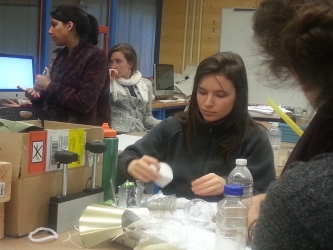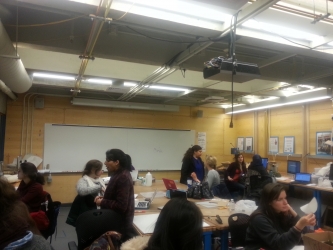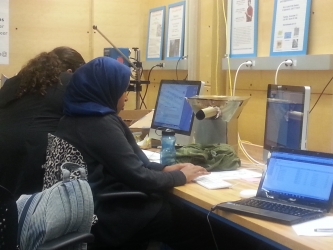The course ENGR120 is a project-based exploration of technology challenges facing underserved communities, both locally and abroad. The course allows students to apply production and manufacturing skills to real-world problems. Technology projects are focused primarily on household needs, as students examine the benefits and limitations of existing and proposed solutions. Themes surrounding prototypes have varied, including energy, health and transportations.
By the end of the course, students should be able to:
-
Understand and apply an engineering design process
-
Use basic tools (including SolidWorks, a laser cutter, hand tools) to construct sketch models and physical prototypes
-
Have physical intuition for different energy sources and associated units
-
Understand the engineering principles behind and have direct hands-on experience with a variety of technologies that benefit humanity
-
Evaluate the utility and trade-offs for different potential implementations of engineering projects
-
Understand the practice of design for under-served populations, including consideration of local adaptability and socio-economic impacts
-
Design and build simple energy systems in collaboration with local stakeholders
Wintersession Option
During the wintersession break, students usually have the opportunity to bring projects from the classroom into the field. Students will spend the majority of the break in a developing country (e.g., Nicaragua or El Salvador), primarily living with community members. Students will deliver projects developed in ENGR 120, assess these and previously-delivered projects, and also identify new projects. By the end of the session, students will have acquired skills needed for engineering fieldwork: interview methods, cross-cultural observation, creative capacity building, rapid design iteration, device building with limited supplies and co-creation.
Admission by written application.



